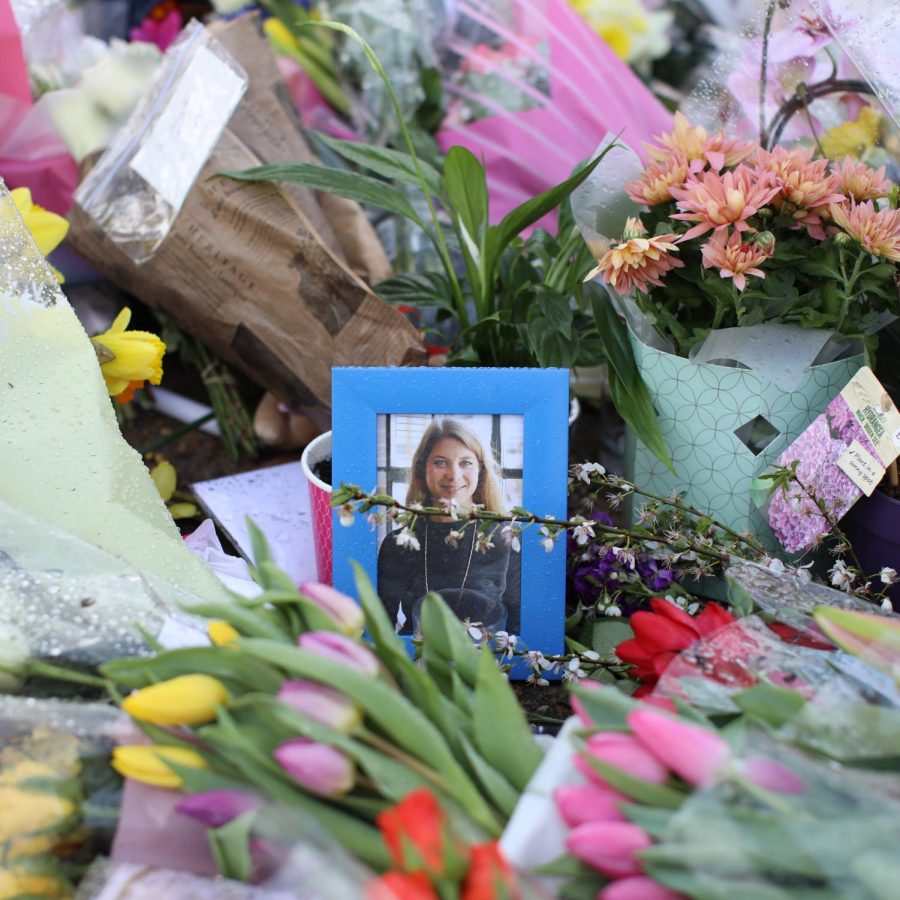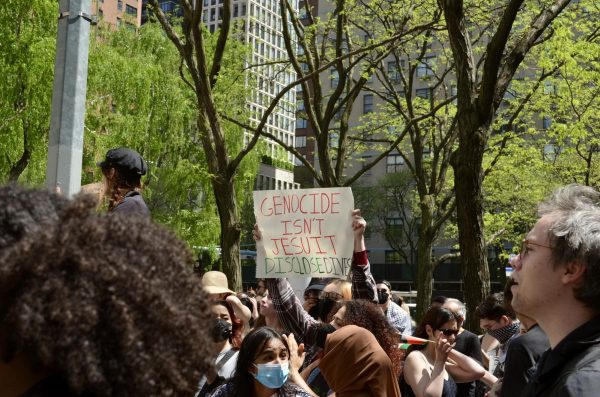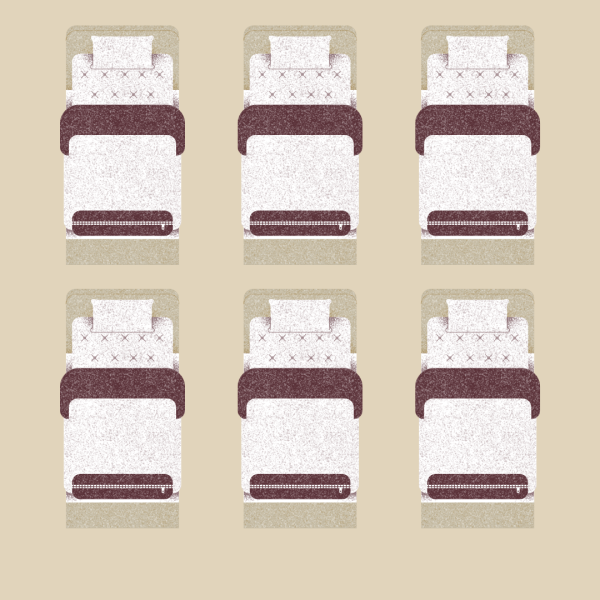Sarah Everard’s Death: A Tragic Wake-Up Call to Our System’s Flaws
When Sarah Everard left to walk home, she did everything right. She told her boyfriend that she was leaving and coming home. She took a longer route home that was well-lit and more populated. She even wore clothing that she could run in. But none of this was enough to save her life.
Sarah was killed by a police officer — a man who took an oath to protect her and other women. Her death has set off a movement to stop violence against women that feels different than the movements that have come before. In our modern era, why is the burden of women’s safety falling on women rather than on men, who are the main source of violence against women? Why are we teaching women to change their behavior or choices to cater to men instead of educating men not to rape? Politicians need to create policies that don’t focus on police but instead promote education and implementation of reforms that not only make it easier for victims to come forward but also prevent these acts of violence in the first place.
In the United Kingdom, where Sarah Everard lived, 97% of young women have experienced some level of sexual harassment or behavior. However, violence against women is a global issue. According to the United Nations Women National Committee, nine in 10 women in cities around the world feel unsafe in public places. The results of these surveys are shocking; clearly, the efforts that have been put in place are doing little to curb the issues that women are forced to deal with every day.
In most governmental systems, one way to fight violence is to increase policing, but in a situation where the police system is failing women, increasing this system’s reach is the wrong choice. Kate Mann, a professor at Cornell, said, “Women’s freedoms are seen as dispensable, as disposable … There is just an immediate assumption that men’s lives won’t be significantly affected by this.” The system is set up to confirm this.
The current system is designed not to protect women but to allow men to avoid facing consequences for their actions. It restricts women’s freedoms and rights under the guise of protecting them and leaves men free from consequences. For example, in the wake of Sarah Everard’s death, the Metropolitan Police were reported going door to door where Everard was kidnapped, telling residents to stay inside for their safety. Instead of enacting real change and promoting safety, the police used fear to force people to hide from perpetrators.
What can politicians do to change this system of oppressing women for their safety? They can help change the way we educate our youth about these issues while educating men about the importance of respecting women.
According to End Violence Against Women Coalition, implementing relationship and sex education in schools is one of the most important things that can be done to prevent future generations of women from experiencing violence. Currently, in the United Kingdom, the government has passed legislation for a compulsory Relationships and Sex Education course, but it continues to be delayed due to the COVID-19 pandemic. Even with this being passed, there is still more that can be done. The End Violence Against Women Coalition also recommends a “Whole School Approach,” which works to prevent violence against women by showing teachers how to recognize abuse, connecting schools with local abuse organizations and creating more programs to spread awareness about abuse.
We can work towards prevention in our youth, but we also need to increase accountability for those who have participated in these injustices against women. Instead of doubting a victim’s story, justice systems need to support and advocate for abuse survivors. Only 4% of women in the United Kingdom actually go through with prosecuting their cases due to issues within the system.
If the people committing violence against women are never held accountable for their actions, then the system is signaling that their actions are acceptable. This tells women that they can’t change the system they are forced to live in. It tells women that their behavior has to change in order to prevent men from committing violence against them. It tells them that they should restrict their freedoms. But women shouldn’t have to restrict themselves — those who take advantage of them should have to face responsibility for their actions.
There’s a reason that Sarah Everard’s death feels more personal and enraging than other instances. It’s because women all over the world can see themselves in Sarah’s exact position. It could’ve easily been anyone walking down the street on their way home. It could’ve been any woman who took every single precaution to stay safe and still suffered the consequences of a broken system.
The system failed Sarah Everard, but we can change things to protect women from violence. As we see now clearer than ever, this can happen to anyone no matter what choices they make. We need to prioritize education and accountability to prevent future assaults instead of increasing police presence in an attempt to solve the issue. Politicians must recognize that the burden of decreasing violence doesn’t fall on women; it falls on the system that has continued to ignore the problem.
Let Sarah Everard’s death serve as the continuation of a revolution against how governments approach violence against women. Let it remind our politicians that their current system is broken and in need of educational and judicial reform; their current system can’t save the woman who did everything she was supposed to. In the wake and reckoning of her tragic death, let’s fix the systems, both in the United Kingdom and throughout the world, to stop the issue of violence against women.
Samantha Scott, FCRH ’24, is an international political economy and development major from Columbus, Ohio.









